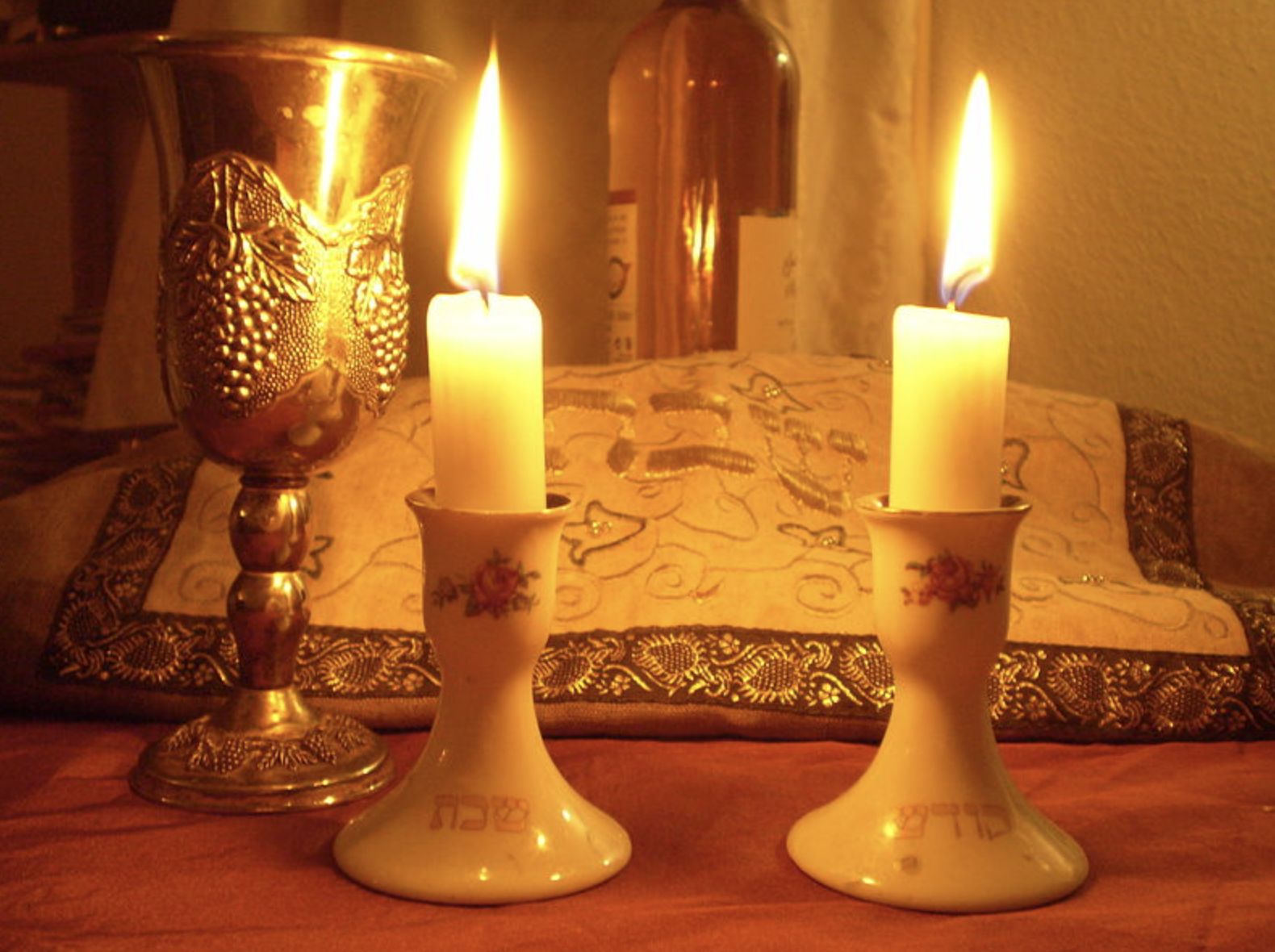
SAN DIEGO — With Bereishit We Begin Learning Torah…
With our holiday season behind us, we begin anew by recounting the Seven Days of Creation, reading the story of the very first Shabbat – Hashem’s Shabbat. This experience with the right mindset, brings a deep sense of gratitude, comfort, awe, and wonderment. By delving into the depths of this first portion in the Torah, we can learn the meaning of our days, of our lives. This week’s Torah portion, Bereishit, resets our view into our history and brings us back to our beginning – our very beginning
As we learn from “The Parsha Song” from Torah Island by Suki and Ding, “With Bereishis we begin learning Torah, How precious we hold our Mesorah, Bereishis, Noach, Lech Lecha, Vayeira, Chayei Sarah, Sarah lived for 127 years…”
And on we go.
In his 1971 sermon on Parshat Bereishit, Rabbi Norman Lamm z”tl asked how might we bring ourselves to Bereishit once again but with a new perspective, ready for new learning? How can we look at Bereishit with renewed eyes?
New beginnings often combine excitement with fear, positive anticipation with distress, success with failure, and smiles with frowns. Nobody knows the future, of course. So, the wise, instead, adopt a curious mindset. Instead of predicting, they wonder what they may learn from the coming new year. Bereishit brings this opportunity for renewed learning.
But how is your mind set? Do you have an “aleph” or a “bet” mindset?
That’s what this week’s parasha, Berishit asks us…and points to a healthy answer. You see, we learn from Midrash, from Rabbi Nehunia Ben HaKana, that the Torah begins with “bet” because of the word, “Baruch” (“blessed”), and not with an “alef,” the first letter of “Arur” (“cursed”). This question is addressed in Bereishit Rabba 1:10, where it is phrased as why the world was created with a bet (rather than an aleph).
The way to inspire a “Beracha” mindset is to live with recognition of, and respect for, our tradition. We learn, “You shall not add to that which I command you and you shall not subtract from it, to keep the commandments of the L-rd your G-d…” (Deut. 4:2). For us to do the right thing, we must learn in the right way, respecting our Mesorah, not creating it, not ignoring where it begins, with the “aleph.” This may appear to be a small point, but from the beginning of our learning Torah once again, we demonstrate that for thousands of years before us, we have trust and delight in the way of Hashem. Renewed eyes wide open, mindful of new opportunities to learn new lessons, are required.
This leads to another key lesson in Bereishis, and a wonderful way to begin learning Torah in this new year with a new eye. Humility. Self-effacement. Humbleness. Modesty. We weren’t first in the list of creation. We were the last. Even behind snakes. As R’ Saadiah Gaon in Sanhedrin 38a teaches, He created us “like a person builds a palace and having furnished and decorated it, ushers in its owners so it is ready for immediate dwelling.” We entered the world with everything He thought we needed.
Do we need more? Rashi teaches that one of the key attributes of morality we learn in this week’s reading is the attribute of anava, modesty, humility. The Maharal, Yehuda Aryeh Löwe of Prague, teaches, “that we are called to deal kindly with all of humanity and certainly not to cause harm to anyone’s physical being, financial welfare, or personal dignity nor to disgrace or diminish the Divine image in our fellow.” The diversity of humanity is a crucial component of this understanding. After all, we learn in 1:27 that Hashem created mankind b’tzelem Elohim, “in [the divine] image.”
We are reminded that our job is to pay attention, “be mindful,” of the infinite wonder in our world. The parasha teaches us that it is critical for us to maintain openness and curiosity regarding the world around us.
Perhaps another way to remind ourselves of the importance of bringing a new eye comes the day on which we were created, Friday, preparing immediately for the mitzvah of Shabbat. The first experience we have is to be reminded of the humility that Shabbat brings as we close our imposition on the world, and the teaching that inside of every Shabbat is the remembrance that Hashem is the source of all. This is a valued lesson to take as we embark on a new year, a new round of learning Torah, that on Shabbat we remind ourselves of our true place and are humble, not arrogant. Specifically, we can ask ourselves, “How can I use this week’s parasha, discussing new beginnings, for me to advance myself in life?” What goals are you setting for yourself with this new beginning? What are your taking to heart for your own self-improvement?
One key insight to glean from our looking into this parasha is the notion that Hashem decides not to be alone. He reflects this when He says to Adam, “It is not good to be alone.” (Gen 2:18). He creates a partner for Adam so that Adam would not feel the same kind of loneliness that Hashem felt on the eve of creation. We are all needed. By being an active, included member of a kehilla, a community, a congregation, we follow Hashem’s lead and can build together with others a worthwhile life. Alone, not so much.


























